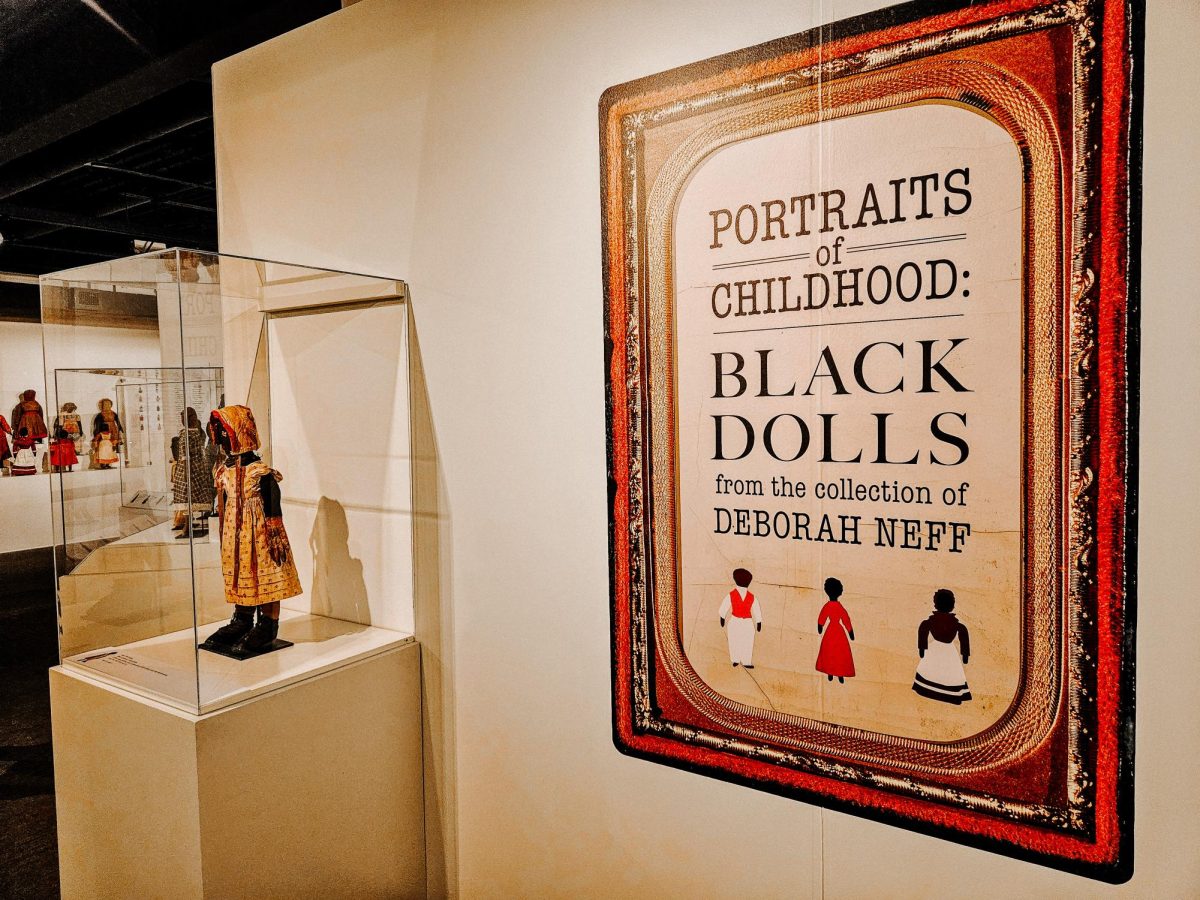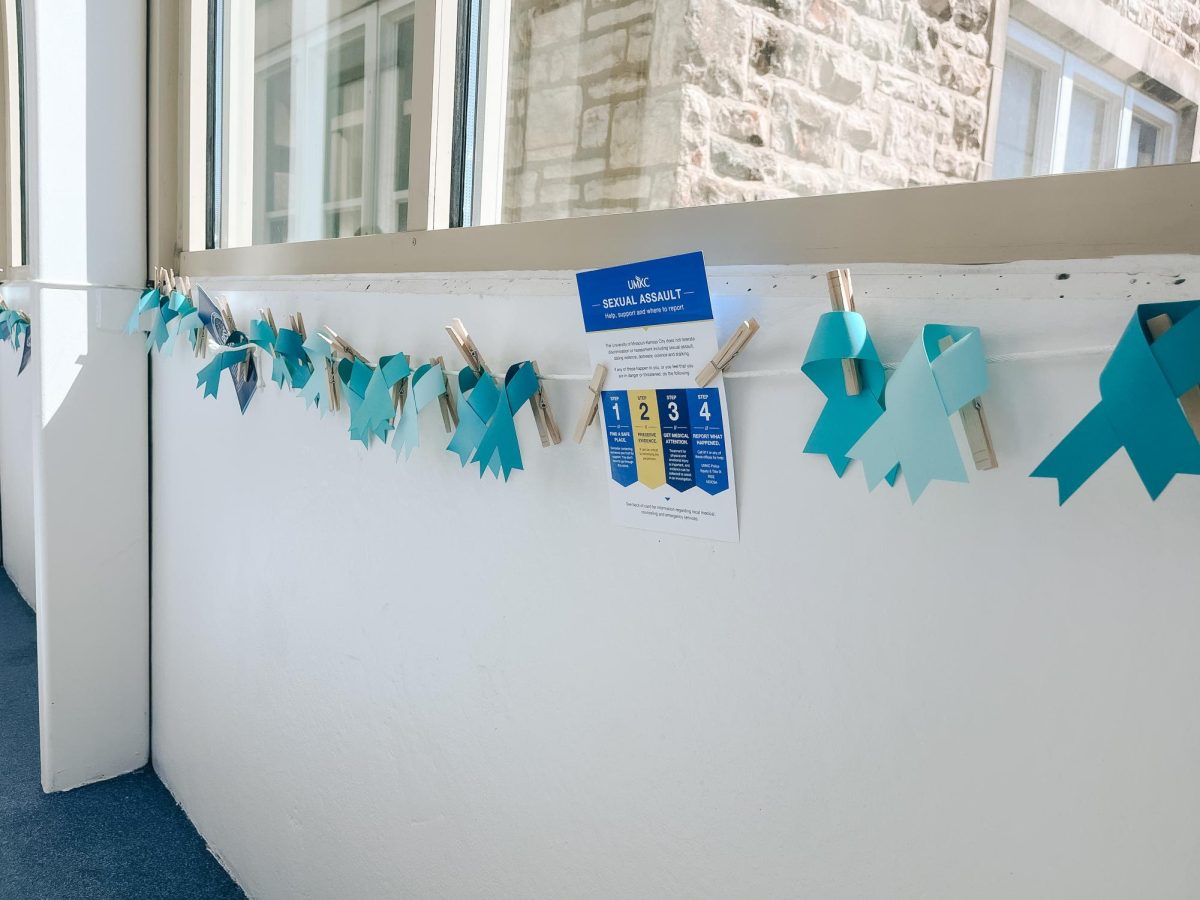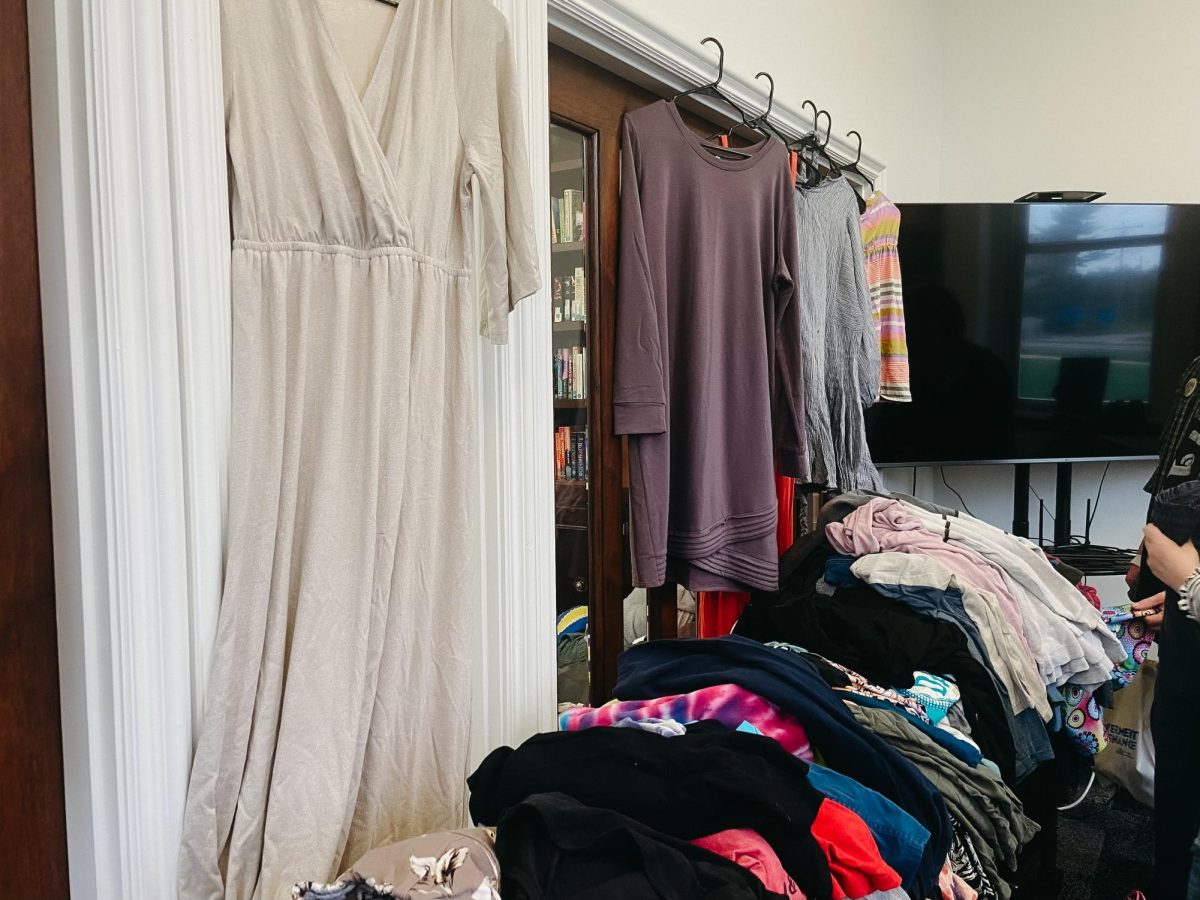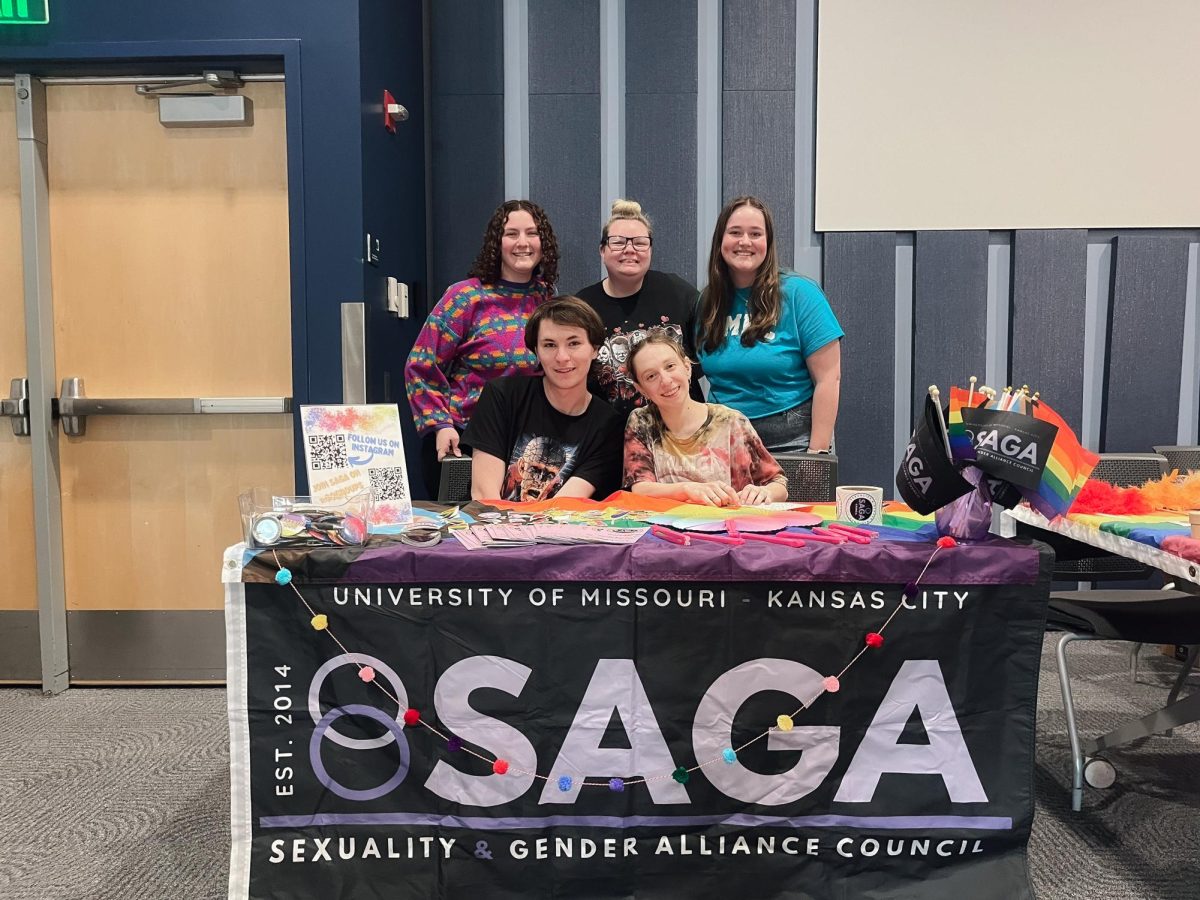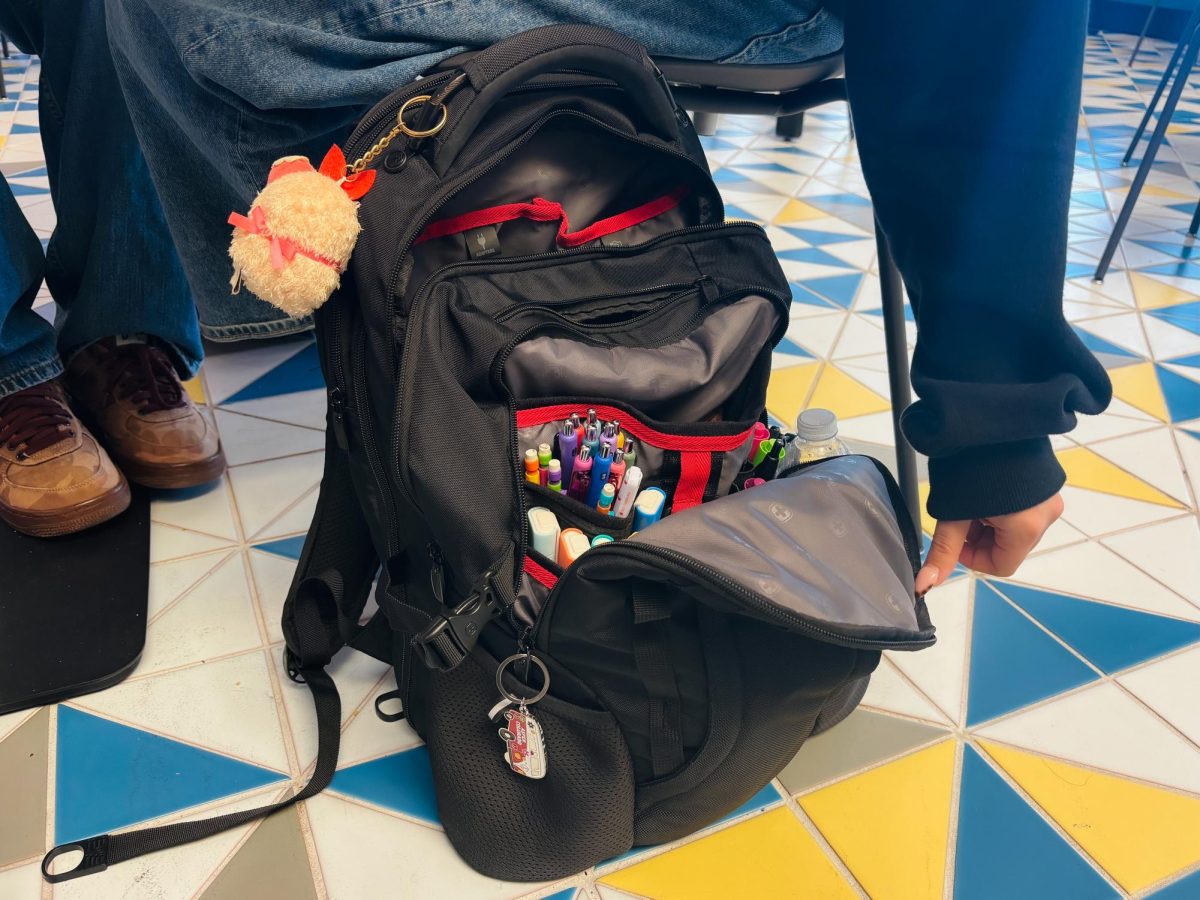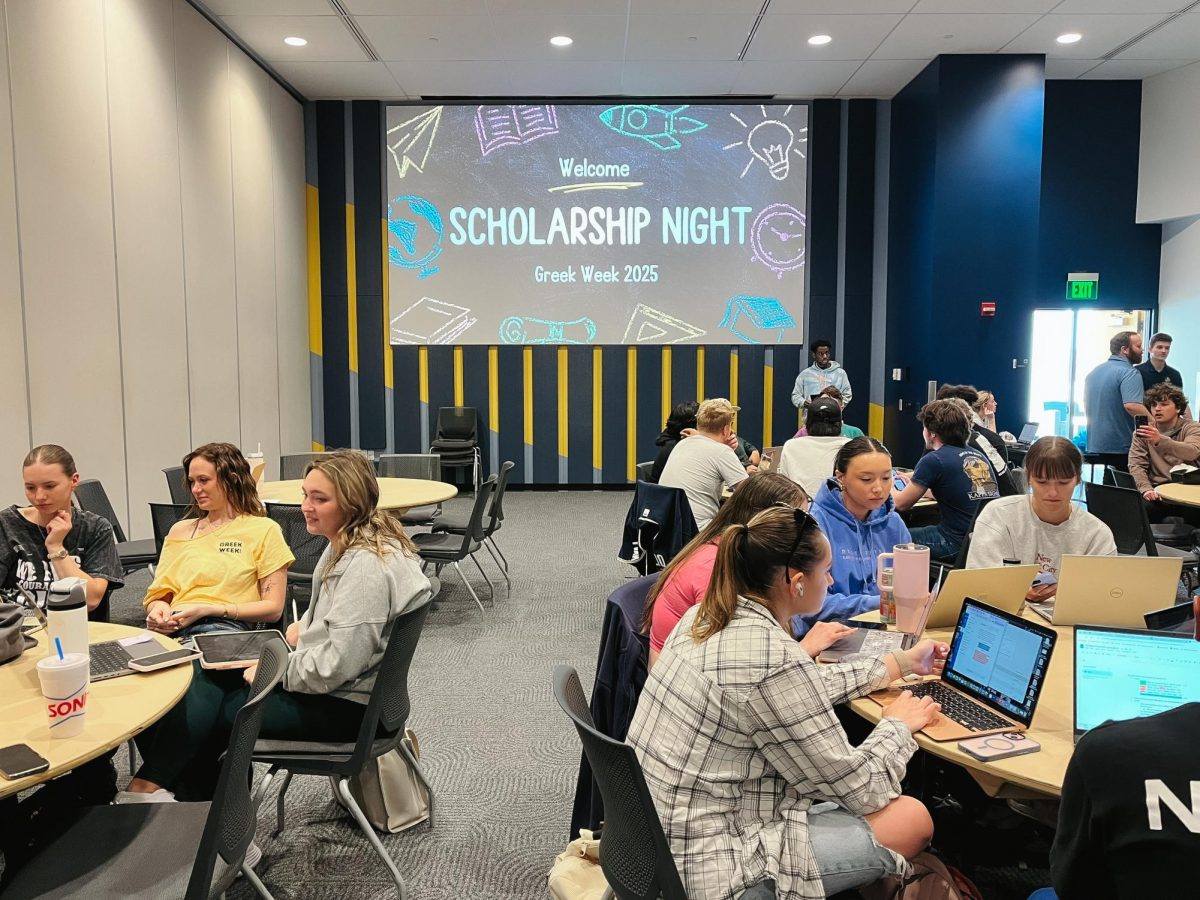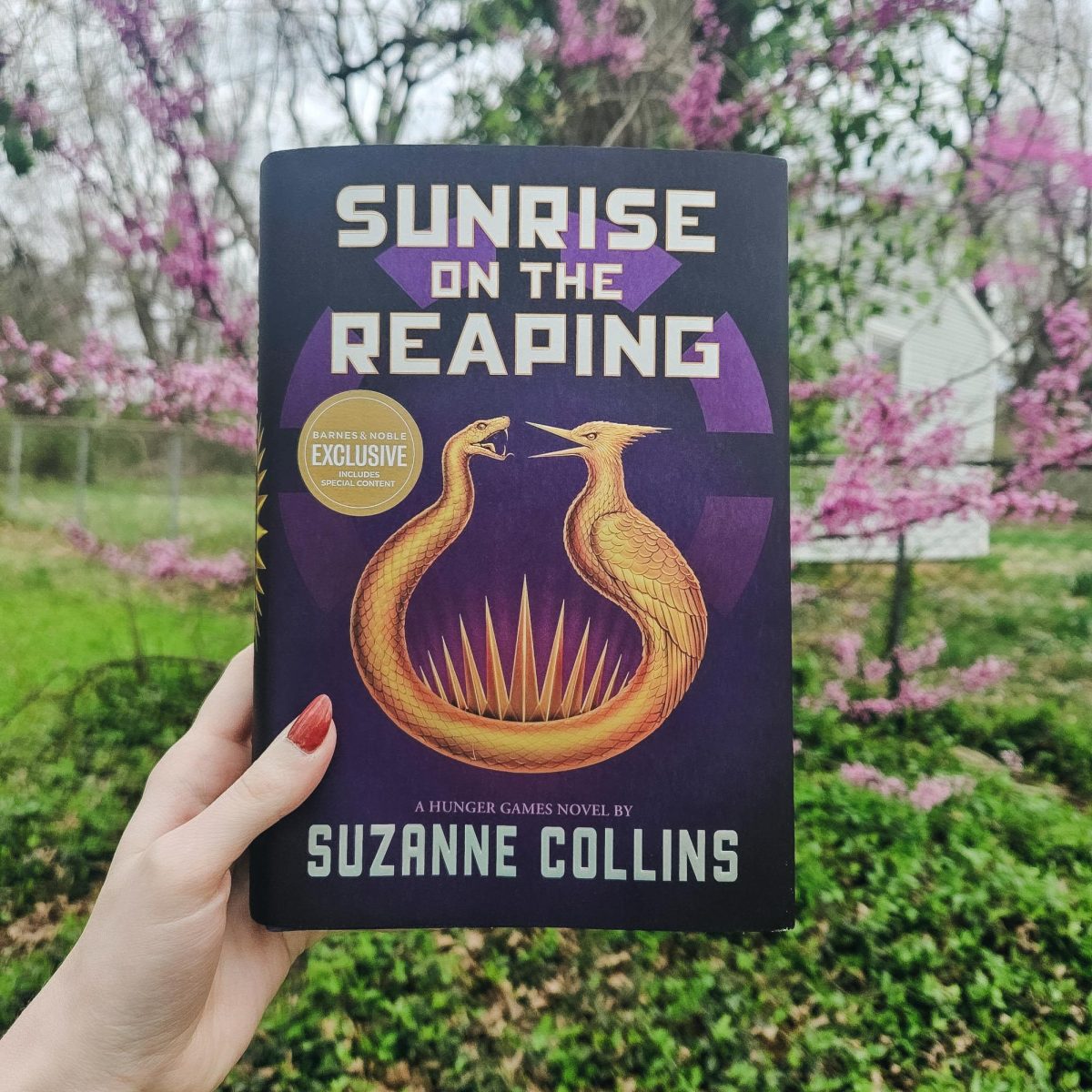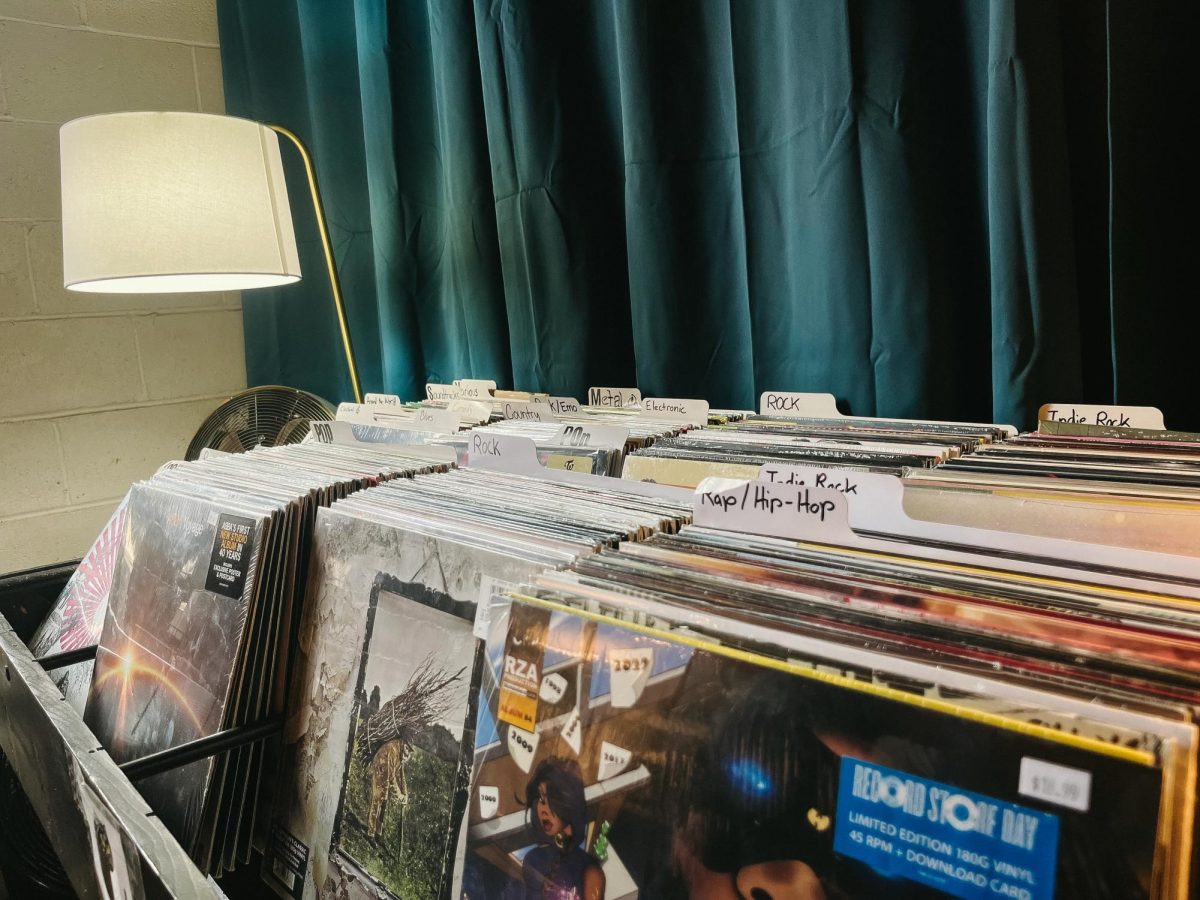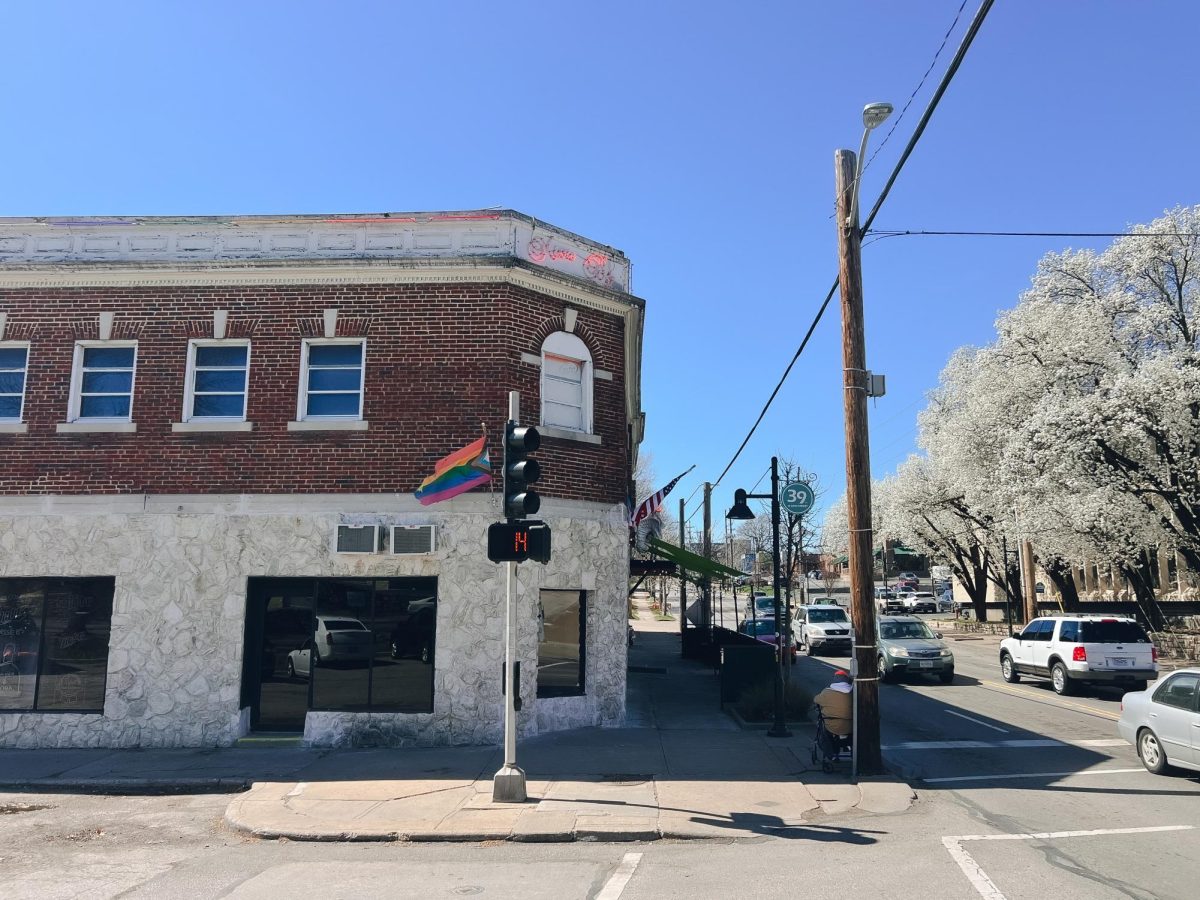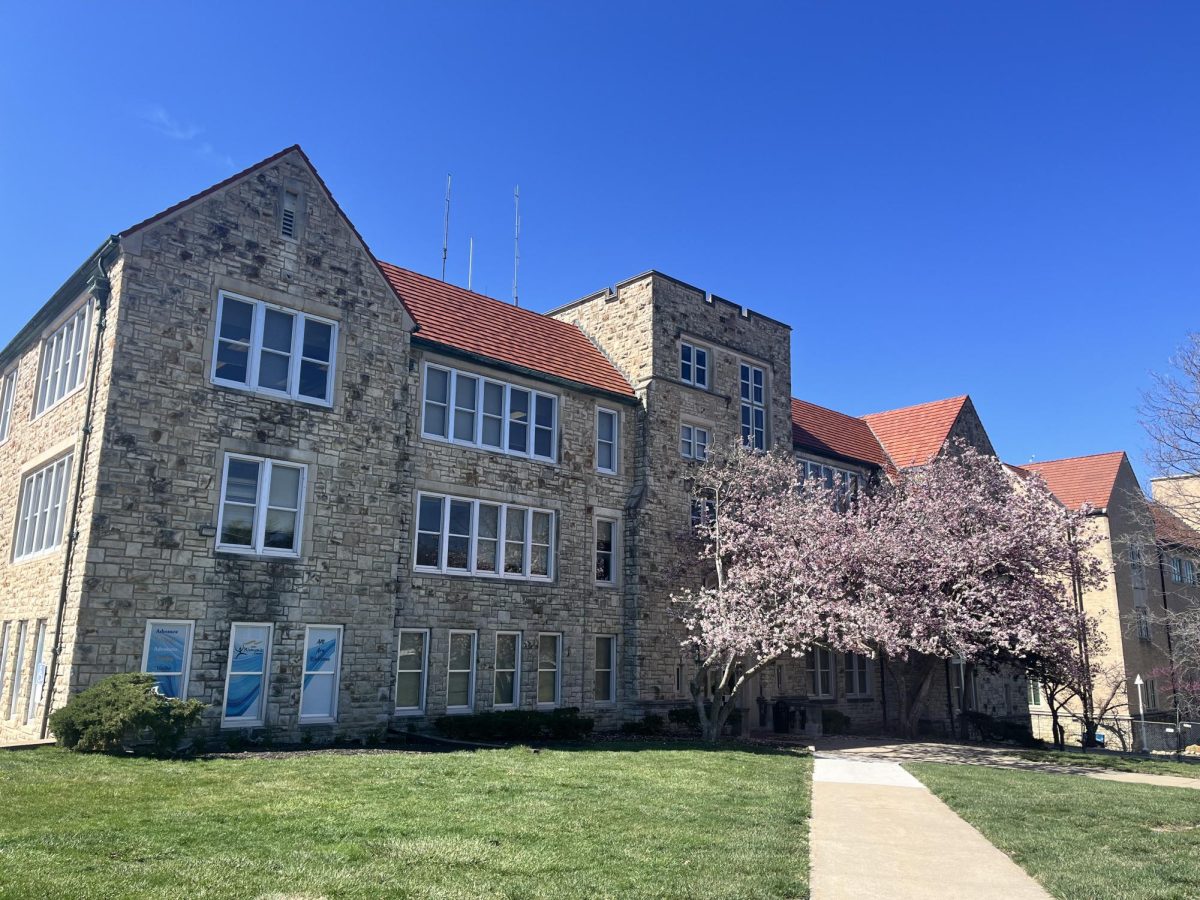In a informative meeting at the National Museum of Toys and Miniatures, Dr. Deja Beamon facilitated a community conversation on Black mother-daughter relationships and the influence of Black dolls.
The important discussion on Oct. 4 examined how children see themselves in toys and how Black motherhood became a queer concept in America used across most marginalized communities.
Beamon, an assistant professor at UMKC’s School of Humanities and Social Sciences, specializes in Black feminist theory, Black literature, race, ethnic and gender studies.
In her conversation, she specifically focused on the theories of Black motherhood and the writings of author Brit Bennett.
This discussion was part of an events series connected with the museum’s special exhibit, Portraits of Childhood: Black Dolls, from the collection of Deborah Neff. This collection includes 135 handmade Black dolls spanning from 1840 to 1940, alongside other works of poetry, literature and essays.
Many of the dolls in this collection are coined as controversial for portraying racial stereotypes and negative experiences for Black children. Toys such as Cry Baby dolls, Topsy-Turvy dolls, Coconut-head dolls and many others are all included in this collection.
“How does our position in the present allow for a different reading of these dolls,” Beamon asked.
Beamon and others referenced how themselves and their dolls looked different from white dolls and recalled their perceptions of race at a young age.
“I learned that Blackness looked different in different contexts and that this industry of dolls didn’t see or serve us,” Beamon wrote in an excerpt for the collection.
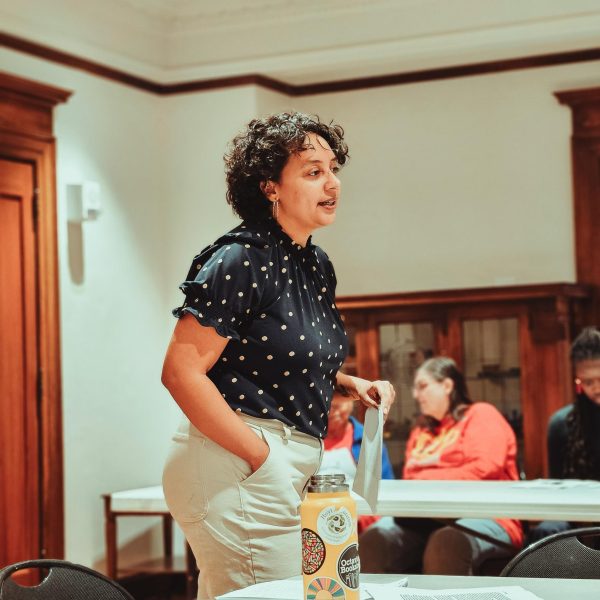
Lydia Moenkhaus, 27, who attended the exhibition with her family traveling from Minnesota at the time, said they try to visit the museum each year to see their newest collections.
“It reminds you a bit about how Black children weren’t provided with materials that other people were for their dolls,” said Moenkhaus. “It’s good to remind yourself of your place and what they had, it was normal for them, and how things have been changing for the better.”
On Oct. 19, another conversation will be hosted by Kelly G. Loeb, MSW, discussing the effects of dolls on memory loss.


